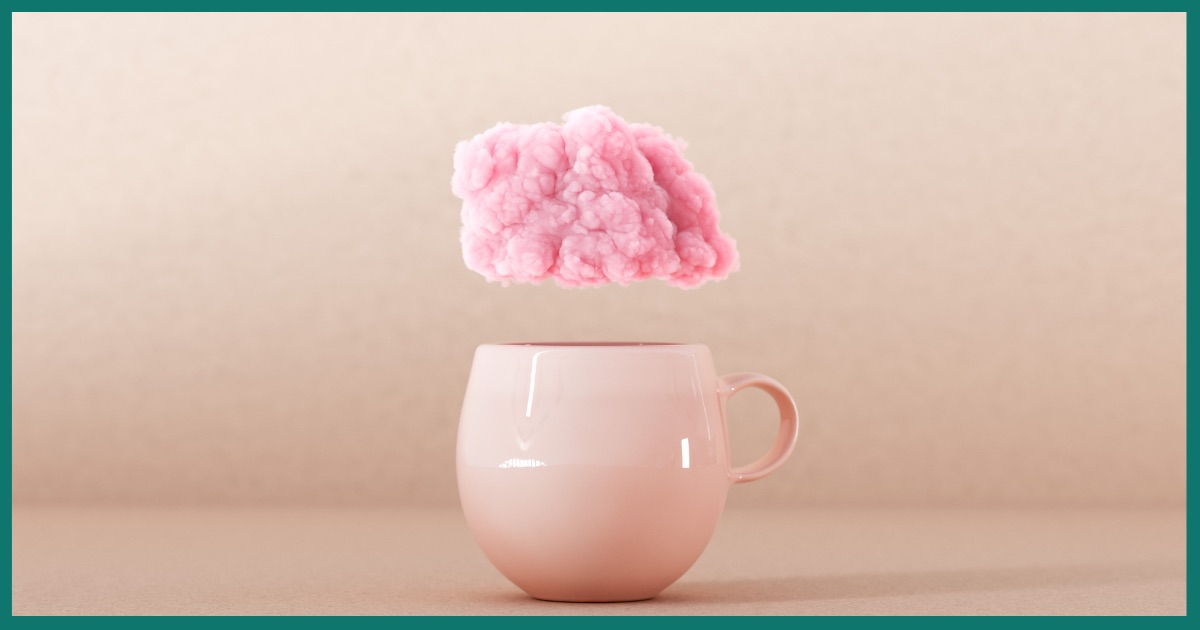Riding the Pink Cloud: Navigating the Highs and Lows of Early Sobriety
By Sophie Solmini
Founder, ICADC, MATS, NCRC

Clinical Context: This article is reviewed by a Certified Alcohol and Drug Counsellor. It provides educational information and is not a substitute for professional medical advice.
The first few weeks after you stop drinking can feel incredible. It’s like the world has switched from black and white to full colour. Your head is clear for the first time in years, you’re sleeping better, and you’re filled with a powerful sense of pride and optimism. Life feels full of possibility.
This euphoric, almost magical period is so common that it has a name in the recovery community: the “pink cloud.” It’s a wonderful and motivating experience. But for many, the cloud eventually fades, and when it does, the landing can be rough. Suddenly, life might feel flat, boring, or just… hard. You might start to ask yourself, “Is this it? If this is what sobriety is really like, was it even worth it?”
If you’re in this phase, you are not alone, and you haven't done anything wrong. This is a predictable and manageable part of the journey. At Heal@Home, we believe that understanding the pink cloud,and what comes after,is the key to building a recovery that lasts. This guide is here to help you navigate the ride.
What Exactly is the Pink Cloud?
Think of the pink cloud as the honeymoon phase of sobriety. It’s a temporary state of euphoria and intense relief that many people experience in early recovery, typically within the first few days to the first few months.
- Why It Happens: After being weighed down by the negative consequences of alcohol, the initial freedom feels amazing. Your brain and body are flooding with relief. You’re no longer waking up with hangovers, fighting with loved ones, or feeling constant shame. The simple absence of those negatives can feel like a massive positive.
- What It Feels Like: During this phase, you might feel overconfident, incredibly positive, and believe that you’ve completely conquered your issues with alcohol. It's a genuinely beautiful feeling, and it’s an important part of what motivates people to keep going in the early days.
The Inevitable 'Pop': When the Cloud Fades
The pink cloud doesn't last forever, and that’s okay. The initial excitement naturally wears off, and the reality of day-to-day life sets in. The problems you may have been using alcohol to numb,stress at work, relationship issues, anxiety,are often still there waiting for you. This is also when the long-term work of brain healing, known as Post-Acute Withdrawal Syndrome (PAWS), can become more noticeable.
As the initial euphoria fades, the underlying symptoms of PAWS (like mood swings, anhedonia, and fatigue) can feel more pronounced. The contrast between the pink cloud and this new, challenging reality can be jarring and is a major reason why people feel discouraged and question their progress.
The Danger Zone: Why the Crash is a Major Relapse Trigger
This is the most critical part to understand. When the world is no longer pink and you're faced with boredom, irritability, or just the daily grind, the addicted part of your brain sees an opening. It starts to whisper things like:
- “See? Sobriety is boring. At least drinking was fun.”
- “This is too hard. I can’t feel like this forever.”
- “Maybe I wasn’t that bad. I could probably just have one.”
This vulnerability is where having a medical safety net becomes non-negotiable. At Heal@Home, our approach to treatment is designed for this exact phase. A medication like naltrexone works by reducing cravings. So when you hit this emotional low and your brain screams for its old solution, the medication is there to quiet that biological urge. It prevents a moment of emotional weakness from turning into a full-blown relapse, giving you the time and space to use healthier coping skills instead.
How to Build a Life Beyond the Cloud
Getting through the pink cloud crash is about shifting from passively “not drinking” to actively building a fulfilling, sober life. This is where real, sustainable recovery is forged.
- Build Real-World Coping Skills: You can no longer rely on euphoria to get you through. This is the time to build a toolkit of healthy ways to manage stress, anxiety, and boredom. The Canadian Mental Health Association (CMHA) has excellent resources on developing resilience.
- Find New Sources of Joy: What did you love to do before alcohol took up so much space? Reconnect with old hobbies or find new ones. The goal is to fill your life with things that provide genuine, lasting pleasure, not just fleeting highs.
- Connect with a Community: This is when peer support becomes invaluable. Connecting with others who have navigated this same phase can provide immense validation and hope. Groups like SMART Recovery Canada offer a non-spiritual, science-based community.
This is Where the Real Adventure Begins
The end of the pink cloud isn’t the end of the good feelings; it’s the beginning of building something real and sustainable. If you're in Canada and navigating the ups and downs of early recovery, contact Heal@Home for a confidential chat about our programs. Call us at 647-545-6751 or visit us online today.
Interested in our Program?
Our team provides a private, 12-week protocol designed to help you regain control from home.
Speak with our Team